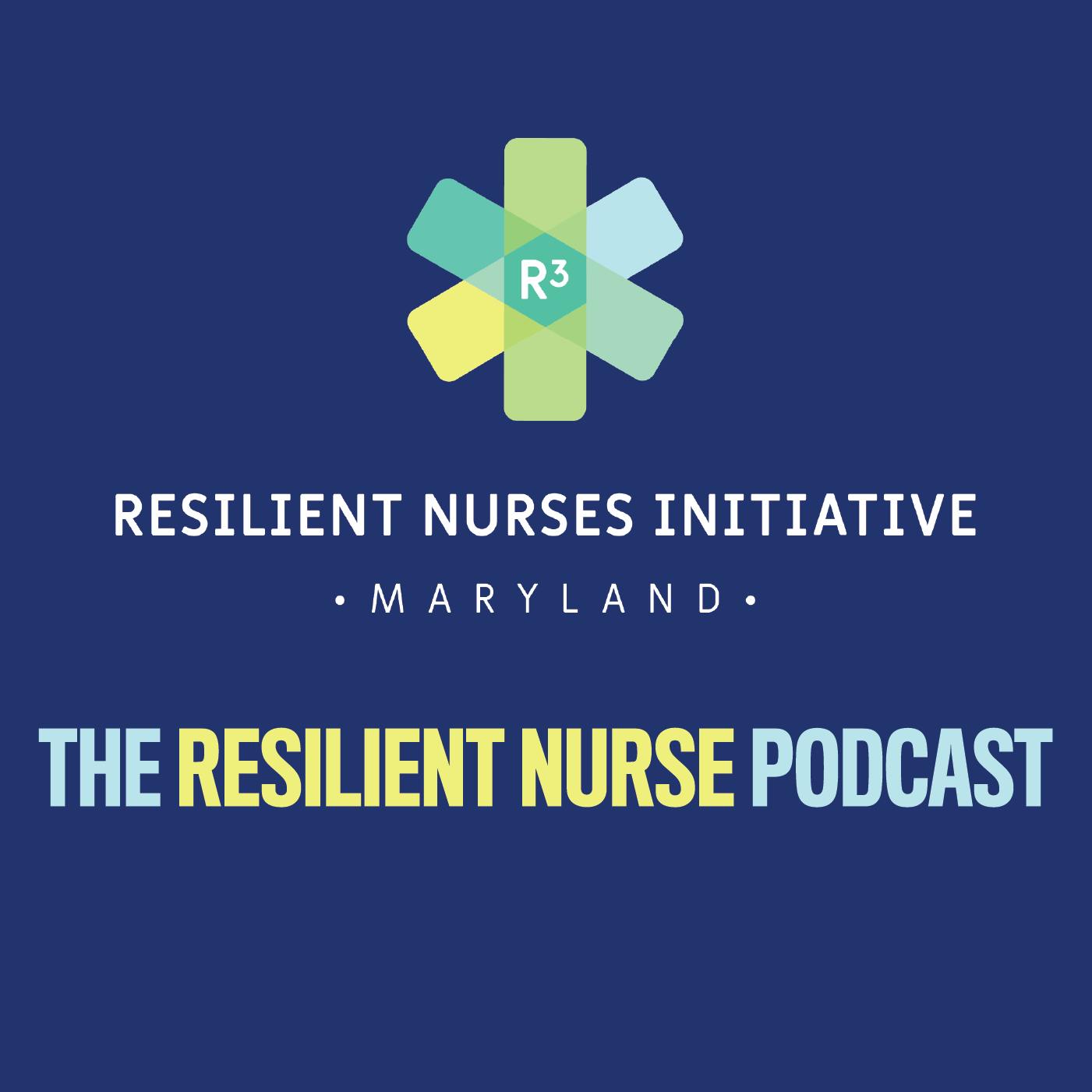It’s time for all of us to address this environmental injustice.
Cecília Tomori, PhD, MA
An overwhelming body of research highlights the pervasive harms of plastic pollution in our environment and health. Manufacturers make plastics from fossil fuels. A new report from Lawrence Berkeley Laboratory states that plastic production generates four times the polluting greenhouse gases emitted by the airline industry. Additionally, this pollution is growing, and its scope could multiply by the middle of the 21st century. These impacts could be devastating for the planet, even if the energy required to produce plastics shifts towards electricity over time due to the material involved in plastic production. The plastics industry has long-argued that recycling is an effective way to address this problem, however this is simply not the case. The industry playbook has long used tactics to distort and cover up evidence of harms from the fossil fuel and linked plastics industry for decades.
Effects on Health
Plastics also harm the environment through the harmful pollutants released from factories in the production process and via landfills that are disproportionately located in poor and minoritized communities, and by breaking down into microplastics that further harm all organisms and accumulate across the food chain. Microplastics are pervasive across our environment and have wide-ranging health harms. These substances are in our food, water, land, and air, and they end up in our organs, where they cause a variety of harmful impacts, including affecting our metabolism, causing cancer, and reducing fertility. We already know that there are wide-ranging, and accelerating health impacts from global climate change fueled by greenhouse gas emissions. These combined impacts demonstrate the fundamental interconnectedness of the health of our planet and the health of all living beings – what we call planetary health. This week UN delegates will be negotiating a plastics treaty in Ottawa, Canada. This is a critical opportunity to create a binding treaty to reduce plastic production, thereby reducing greenhouse gas emissions, and clean up pollution that has already caused profound, and inequitable harms.
Causes for Change
It’s time for all of us to address this environmental injustice. Learn more about the Plastics Treaty negotiations. Get involved with the Alliance of Nurses for Healthy Environments, and learn more about planetary health – the newly launched JHU Planetary Health Institute provides a great way to get started!
About the Author: Cecília Tomori
Cecília Tomori, PhD, MA, is Associate Professor and Director of Global Public Health and Community Health at the Johns Hopkins School of Nursing, and holds a joint appointment at the Bloomberg School of Public Health’s Department of Population, Family and Reproductive Health.


 Meet APANSA, the Asian Pacific American Nursing Students Association
Meet APANSA, the Asian Pacific American Nursing Students Association Birth Companions Talk Doulas and Maternal Health with Mayor Brandon Scott
Birth Companions Talk Doulas and Maternal Health with Mayor Brandon Scott Forging Policy: How Can Doulas Improve Black Maternal Health?
Forging Policy: How Can Doulas Improve Black Maternal Health? No. 1 Rankings for the School of Nursing and a Pipeline to the “Best Jobs”
No. 1 Rankings for the School of Nursing and a Pipeline to the “Best Jobs” Global Service Learning: Guatemala
Global Service Learning: Guatemala




